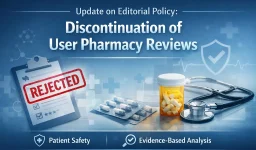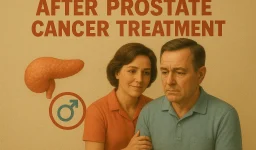Antibiotics are not necessary in every case. In the present article we will refer to antibiotics them drugs that have properties in various ways to affect bacteria.
There are two main kinds of microorganisms, which are the cause of the infections – viruses and bacteria. Antibiotics affect exclusively bacteria.
So, bacteria are single-celled microorganisms that have a size only several thousandths of one millimeter. They settle on the skin, in the digestive system of a human.
Bacteriophages are much smaller in size than bacteria parasitic viruses. However, despite their size, viruses can be the cause of such diseases as colds, flu, and most types of angina as well as coughing. In addition, they are a cause of more serious diseases such as smallpox, hepatitis, mumps, measles, AIDS.
Antibiotics get to the site of inflammation with blood flow and act on bacteria in different ways. Some of them destroy the bacterium structure, others prevent their reproduction.
Scientists often classify antibacterial agents as follows:
- Antibiotics that kill bacteria. That is why they are named bactericidal.
- Other antibacterial agents preventing the growth of bacteria and their multiplication. They are called bacteriostatic.
Some antibiotics (such as amoxil, zithromax, cipro, flagyl, levofloxacin) have a wide range of action and they areintended to treat many bacteria types, while others are more specific. When by applying some analyzes (blood culture, urine culture, cerebrospinal fluid), a bacteria type is determined, only then a doctor can prescribe antibiotics that can be used for these microbes.
Antibiotics cannot work very quickly. Those who are a little familiar with physiology and medicine know that when the first dose of antibiotic is taken, the bacteria begin to die actively in the body. The result of their death is a powerful release of the products of their disintegration into the body – endotoxins, which can significantly worsen the patient’s well-being in the first day of treatment. There may be a significant two- or three-fold rise in temperature, feeling of weakness, pallor of the skin, especially in the place of the nasolabial triangle. The doctor will quickly distinguish the endotoxic reaction from the manifestation of the ineffectiveness of the drug and give an exact answer about how quickly the antibiotic prescribed to the patient has to be acting.
Different antibiotics begin to act differently in case of different diseases. However, statistics reports that a patient starts feeling better on the second day after starting an antibiotic treatment.



